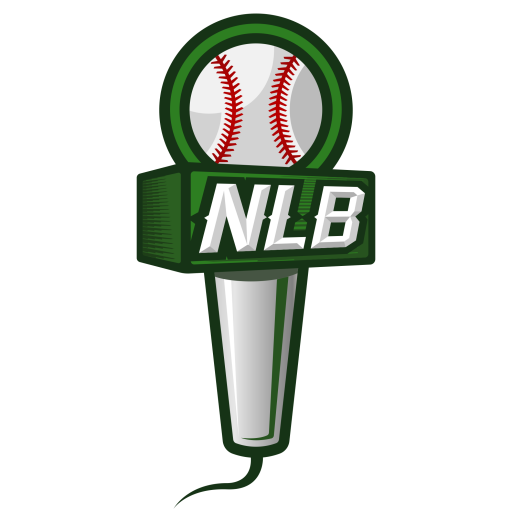Tyler Hadzinsky left his job on Wall Street to pursue a career in professional baseball, and it’s safe to say it has paid off. Now a Baseball Operations Analyst with the St. Louis Cardinals, Tyler is involved in many aspects of the organization: scouting, analytics, player development, among others.
Tyler was kind enough to share his story on how he broke into professional baseball.
Working in finance after college, Tyler says he took the “safe route” by working at big banks. He thought he was guaranteed the “good life” working long hours but making great money.
One day he simply asked himself: “Will I enjoy doing this the rest of my life?”
After playing in college, he knew he had a passion for the game and could see himself pursuing a career in baseball, he just didn’t really have the contacts to reach out to help get him started.
So, what did he do?
He cold emailed about two or three people in each organization simply just asking to chat or for advice. He took vacation days at his current job to fly down to the Winter Meetings and met with as many people as he could.
He did not get any offers from any clubs, but left with some great advice from a few organizations.
Upon leaving the Winter Meetings, he knew what he could do to land a job by next season: gain more scouting experience and write articles for companies like Baseball Prospectus to help get his name out there.
He says the only question he really had to ask himself before implementing this plan was “Do I want to try and go for this after being told no?”
He decided to go for it; he started writing articles and planned to go scout games in the summer in the Cape Cod League (a premier summer league for college ballplayers).
It wasn’t easy doing it on top of a full-time job: “I’d work 60-80 hours a week and late at nights after work I’d write and go scout on the weekends.”
“I’d take the $10 bus down to the Cape Cod on weekends and just sit with scouts and pick their brain and learn how to write my own reports” Hadzinsky revealed.
By next year’s Winter Meetings, Tyler had an entire portfolio to show teams: articles he had written about the game, finance work from his last job he felt could add value to an organization, and a massive packet of scouting reports on players he watched in the Cape during that summer.
Armed with this portfolio and a better understanding of the scouting and analytics side of baseball, Tyler landed a one-year internship with the St. Louis Cardinals to prove he could make it in the industry.
He did, and now he’s a key part of one of the best front offices in baseball.
Be sure to keep an eye out for the next part of our chat with Tyler, where he gives us his three top pieces of advice for people wanting to get a job in professional baseball.



